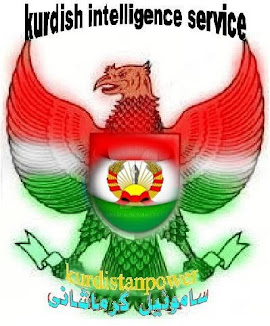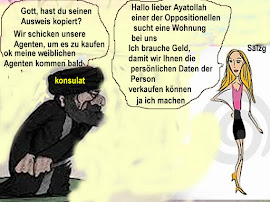As ISIS Loses Ground the Trump Administration Should Extend Political Support to the Syrian Kurds: Analyst.
By: Stuart Rollo – Syrian Kurds and their Arab allies, under the banner of the Syrian Democratic Forces (SDF), are in the process of capturing Raqqa, the de-facto capital of ISIS in Syria. In Iraq, the coalition of Kurdish Peshmerga, Iraqi Army, and various Shiite and Sunni militias have now liberated Mosul, the most populous city held by ISIS.
As its territory and supply lines are lost, and its access to recruits, arms, and finance dries up, ISIS can no longer assume the role of common enemy of all in the Syrian Civil War. Its fall will cause competition among the other factions to intensify, as they vie to shape Syria’s future.
This leaves the Trump administration with an important strategic choice. It can continue to limit US involvement in the conflict to what is essentially a counter-terrorism operation, and leave the remaining groups to fight it out, or it can extend political support to its longstanding ‘tactical’ ally, the Syrian Kurds, and positively influence the final shape of a Syrian settlement.
The hands-off approach is tempting, but ultimately misguided. Recent US interventions in the region have proven catastrophic. Indeed, the conflict in Syria, and the rise of ISIS in particular, can be seen in large part as geopolitical fallout from the US invasion and occupation of Iraq. But it would be a mischaracterisation to view the extension of political support to the Syrian Kurds in the same light as the interventions in Iraq and Afghanistan.
The United States has a local partner in the SDF that is viable, multi-ethnic, secular, and democratic. It is the only such faction left standing in the conflict. They have been the only reliable US ally on the ground in the fight against ISIS, and have proven their pluralistic credentials as they have retaken territory from ISIS, and transitioned governance back to local communities.
With the political support of the United States, the Syrian Kurds will succeed in achieving some form of autonomy. Russia already supports a negotiated form of sovereignty within Syria for the Kurds, and with the United States also throwing its weight behind the cause, the Assad regime will be brought to the table. It will not require significantly more military involvement than the US government has already committed to the fight against ISIS, and an autonomous Kurdish region would stand as the best example of a functioning democratic government and pluralistic society within Syria.
A strong, self-governing, Kurdish region within Syria would provide a hedge against a vengeful regime, and a cordon sanitaire from the Iranian proxy militias that now enjoy a large degree of political and military power in Iraq, and will doubtless flow across the now-defunct border with Syria as they pursue the fight against ISIS and Assad’s various other enemies. Kurdish self-governance would be a small but bright light emerging from a brutal, heartbreaking, conflict.
The only obstacle to open US political support for Kurdish autonomy is the volatile relationship with NATO ally Turkey. The Turkish government has declared the main component of the SDF, the Kurdish People’s Protection Units (YPG), a terrorist organisation, due to their links with the outlawed Kurdish separatist group the Kurdistan Workers Party (PKK), which operates in Turkey. Turkish President Recep Erdoğan has repeatedly called for the United States to abandon its alliance with the Kurds, and Kurdish forces have faced consistent bombardment from Turkish artillery, tanks, and aircraft, even as they fight alongside the United States to liberate territory from ISIS.
In March the United States and Russia cooperated to prevent a Turkish assault on Kurdish forces in the recently liberated town of Manbij. The Turkish drive on Syrian Kurdish positions was briefly blunted, but is now escalating once more as Turkish forces and Syrian rebels are joining forces to attack SDF held positions in north-western Syria. In spite of the imminent threat to their ally in the fight against ISIS, US officials continue to pander to Turkish geopolitical designs by minimising their commitment to the Kurds.
In May, State Department official Jonathon Cohen described the US relationship with the Kurds as “temporary, transitional, and tactical” in an appearance at the Middle East Institute in Washington DC. This approach is becoming unsustainable. If the Trump administration maintains this stance, then the Syrian Kurds will have defeated ISIS only to be left with the wrath of Turkey on one side, and the caprice of Assad, Russia, and Iran on the other.
US political support for the Kurds will require delicate negotiation with Turkey. The Trump administration has already promised to cut off the supply of weapons to the SDF if they find that they are being used by insurgents in Turkey. Still, Turkey will not like it. But US foreign policy on Syria should reflect the best interests of the United States and the Syrian people, not the geopolitical designs of the Erdoğan regime.
Stuart Rollo is a researcher at the Sydney Democracy Network, based at Sydney University, and writes on international security, strategic resources, and global politics.
aranews.



















.jpg)





































Inga kommentarer:
Skicka en kommentar